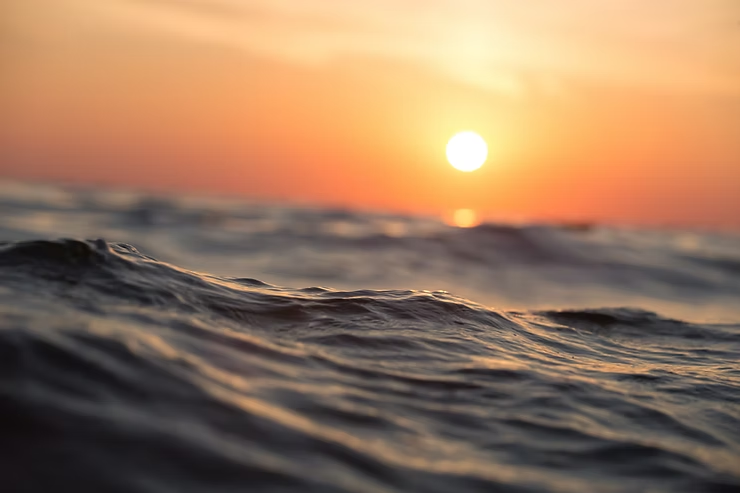Reducing Ocean Noise Pollution: Protecting Marine Life and Ecosystems
Why Ocean Noise Pollution Matters
The ocean is a soundscape filled with natural noises essential to the survival of marine species. However, human activities such as shipping, industrial operations, naval exercises, and recreational boating have dramatically increased underwater noise. This form of pollution has far-reaching consequences, disrupting communication, navigation, and feeding behaviors across marine ecosystems. Addressing ocean noise pollution is vital to ensuring the health of aquatic life and the resilience of marine habitats.
Impacts on Marine Life
- Marine Mammals: Whales, dolphins, and seals rely on sound for communication and navigation. Excessive noise can cause stress, strandings, and even fatalities.
- Fish: Noise disrupts migration, feeding, and reproductive behaviors, creating ripple effects through food webs and commercial fisheries.
- Invertebrates: Crustaceans and mollusks use sound cues for vital life-cycle stages. Noise interference can disrupt survival behaviors.
- Coral Reefs: Noise reduces coral larvae settlement, threatening the resilience of reefs already under stress from climate change.
- Overall Ecosystem: Altered predator-prey interactions and species distribution lead to imbalances that weaken marine biodiversity.
Strategies for Reducing Noise Pollution
Mitigating ocean noise requires a combination of innovation, regulation, and awareness. Practical solutions include:
- Research and Monitoring: Expand studies to understand long-term effects and pinpoint high-risk areas.
- Technological Innovation: Invest in quieter ship engines, hull designs, and solutions like bubble curtains to dampen noise.
- Regulation and Compliance: Support international standards, including the International Maritime Organization’s (IMO) quiet ship guidelines.
- Speed Limits: Enforce reduced vessel speeds in sensitive marine areas to lower propeller noise.
- Quiet Zones: Create marine protected areas where noise-generating activities are limited or banned.
- Alternative Transportation: Encourage adoption of electric ferries and ships that are both quieter and eco-friendly.
Building Awareness and Collaboration
Beyond technology and regulation, education and cooperation are essential. Public outreach through documentaries, campaigns, and community programs can build awareness about the issue. Collaboration with industries, navies, and tourism operators ensures that noise reduction is balanced with economic activities. Incentives, subsidies, and tax breaks can further encourage businesses to adopt noise-reducing technologies.
A Global Responsibility
Ocean noise pollution transcends borders, making international cooperation crucial. By sharing data, aligning policies, and promoting responsible practices, nations can work together to safeguard marine biodiversity. Whether through responsible boating, eco-conscious tourism, or advocacy for stronger regulations, every effort contributes to quieter oceans and healthier ecosystems.
Reducing ocean noise is more than an environmental goal—it is an investment in the survival of marine life and the sustainability of the planet. By acting now, we can preserve the acoustic integrity of our oceans for generations to come. 🌊🐋

